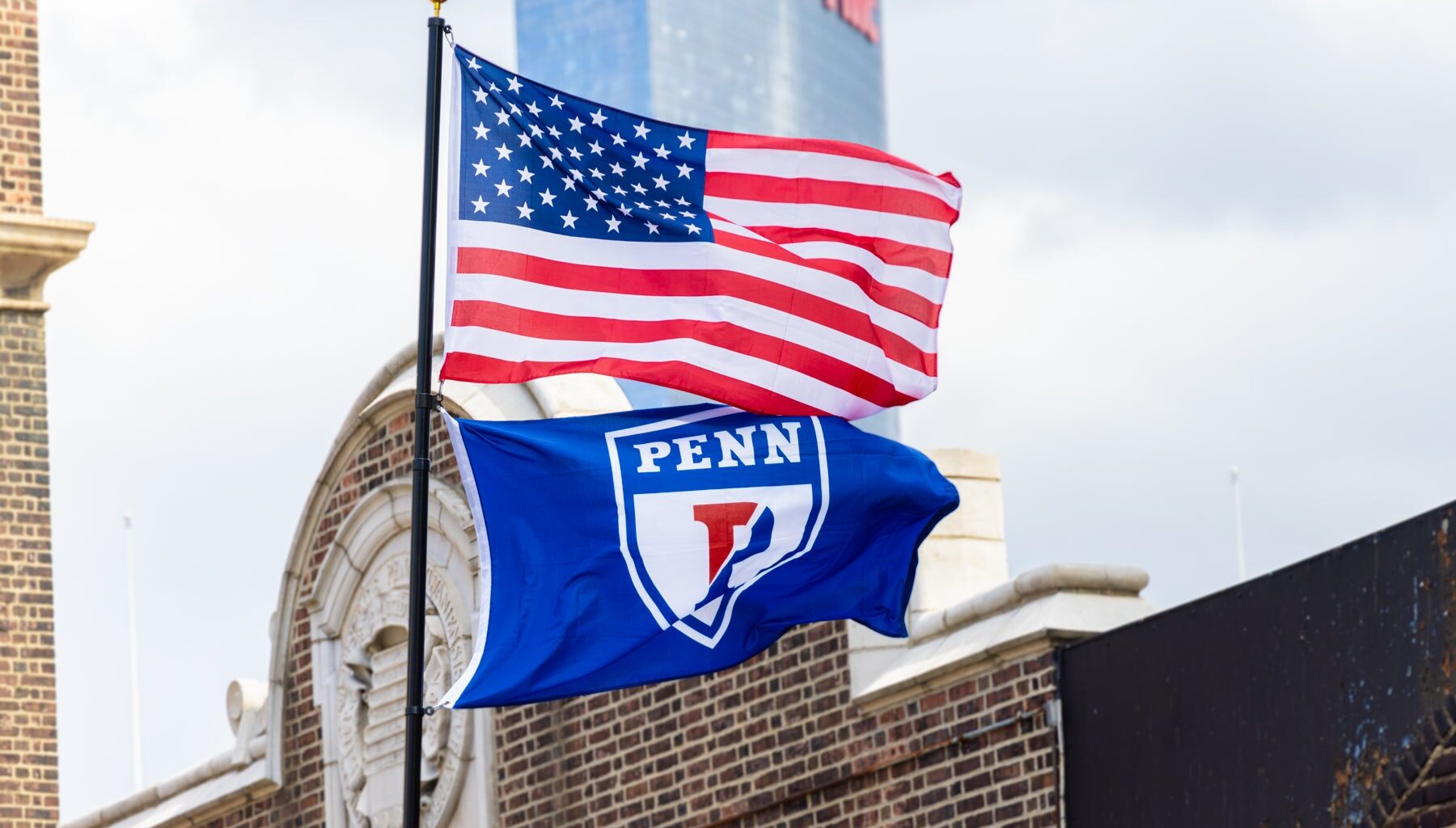The Master of Applied Criminology and Police Leadership, or MCPL, degree was designed by the faculty of the University of Pennsylvania’s Criminology Department. It is open to senior police leadership nationwide.
“Recognizing the absence of a focused graduate education program for senior policing personnel in the U.S., we believe this first-of-its-kind MCPL program will equip executives with the advanced tools needed to address critical challenges in public safety, recruitment, retention and public trust,” Joe Neubauer said in a statement. “This initiative aligns perfectly with our commitment to Philadelphia and to fostering excellence in public service.”
A national survey by the Police Executive Research Forum reported that, in 2022, 71% of law enforcement agencies spent less than 5% of their budgets on new recruit training. The survey also found that even less money was spent on training for senior police leaders.
“I think it’s a good program for senior officers who want to further their education,” said Crystal Williams-Coleman, president of the Guardian Civic League in Philadelphia, who served for 32 years as a city police officer before retiring.
In addition to improving police department leadership, Williams-Coleman said promoting the program to the public could also improve community relations and help recruitment and retention, which are also goals of the Guardian Civic League.
Already, five senior officers in the department have participated in the Policing Leadership Academy in Chicago, which takes commanders from some of the most violent districts in the U.S. and instructs them on innovative strategies and techniques to reduce violence.
One of them is Capt. Joseph Green of the 12th Police District in Southwest Philadelphia. After completing the course, he created a capstone project to encourage his officers to step up their community engagement.
After one year and 14,000 community engagements, such as visits to schools and business and getting to know neighbors, the district saw significant decreases in homicides, shootings and shooting victims, along with fewer traffic stops, Green reported in a video on the academy website.
In May 2023, the University of Chicago Crime Lab started the academy for police commanders, noting that there were no national standards or curriculums to support police leaders. The goals of the Policing Leadership Academy are to reduce and prevent violent crime, support officers and develop better and innovative management practices at police departments.
The academy is taught by policing experts. It is a five-month curriculum, during which senior officers reside in Chicago for one week each month, with a focus on building trust in the communities they serve, along with strategic leadership and data-driven management.
In contrast, the Penn course promises participants a degree in less than two years with a hybrid model that includes required monthly in-person classroom instruction and weekly online sessions, designed for working professionals.
John McDonald, a Penn professor of criminology, helped to design the course with police and government officials.
“Our goal is to combine the use of science and management principles in the field of evidence-based policing to address challenges in recruitment, retention, public trust and public safety,” McDonald said in a statement.
Bethel also sits on the Policing Leadership Academy’s advisory committee.
